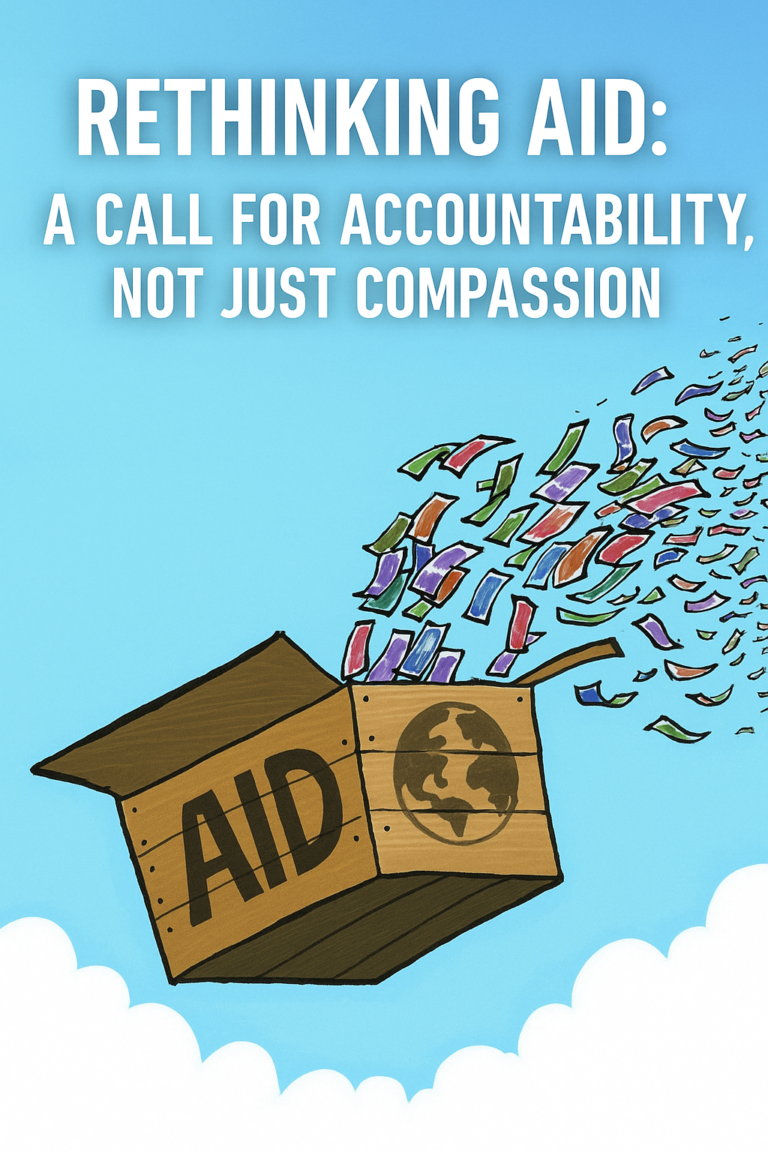Time for a New Perspective: How African Youth Can be Engaged in the One Health Movement?
While the One Health approach, which recognizes the interconnectedness of human, animal, and environmental health, has gained significant traction in developed nations, its implementation in Africa remains comparatively limited. Despite facing a complex landscape of challenges, including zoonotic diseases, antimicrobial resistance , food safety and the accelerating impacts of climate change, the continent has yet to…

While the One Health approach, which recognizes the interconnectedness of human, animal, and environmental health, has gained significant traction in developed nations, its implementation in Africa remains comparatively limited. Despite facing a complex landscape of challenges, including zoonotic diseases, antimicrobial resistance , food safety and the accelerating impacts of climate change, the continent has yet to fully leverage this holistic framework.
Africa possesses the world’s youngest population, with over 70% of sub-Saharan Africans under the age of 30. This demographic represents a significant opportunity for the continent. Characterized by resilience, adaptability, and a deep understanding of their communities, African youth are uniquely positioned to address complex challenges. To fully leverage this potential, it is imperative to engage young people in innovative, collaborative approaches to problem-solving. A shift from siloed, incremental strategies to comprehensive, holistic solutions is essential.
African youth are emerging as a powerful force for change, harnessing technology to revolutionize healthcare, agriculture, and environmental conservation. Their innovative solutions, from disease tracking apps to eco-friendly farming methods, are filling critical gaps and improving lives across the continent. Furthermore, youth-led organizations are empowering communities by raising awareness, promoting education, and fostering a culture of prevention and early intervention. The Africa CDC’s BINGWA initiative, of which I was a part, exemplifies the power of youth engagement in addressing public health challenges. By mobilizing young people as champions for COVID-19 vaccination, the program achieved remarkable success. Within months of community engagement and conducting awareness campaigns, several countries in the continent reported a significant surge in vaccination rates. Notably, Somalia experienced a substantial increase, with WHO reporting a 47% vaccination rate by September 2023, positioning it among Africa’s leading countries in COVID-19 vaccination link.
The One Health approach provides a robust framework for tackling Africa’s intricate health and environmental challenges. By empowering African youth to spearhead One Health initiatives, we can foster a healthier, more resilient, and sustainable future for the continent. With their energy, creativity, and passion, combined with the right support, young people have the potential to turn challenges into opportunities, drive meaningful progress, and make a lasting impact.
Youth can contribute significantly to the operationalization of One Health by leading cross-sector collaborations that bring together stakeholders from healthcare, agriculture, environmental sciences, and community development. They can advocate for integrated policies that reflect the interconnectedness of human, animal, and environmental health, ensuring these policies are embedded in local, national and continental agendas. Moreover, by driving community-based initiatives, such as establishing local One Health clubs or networks, youth can promote grassroots engagement, raise awareness, and facilitate the adoption of sustainable practices that prevent disease and protect ecosystems.



